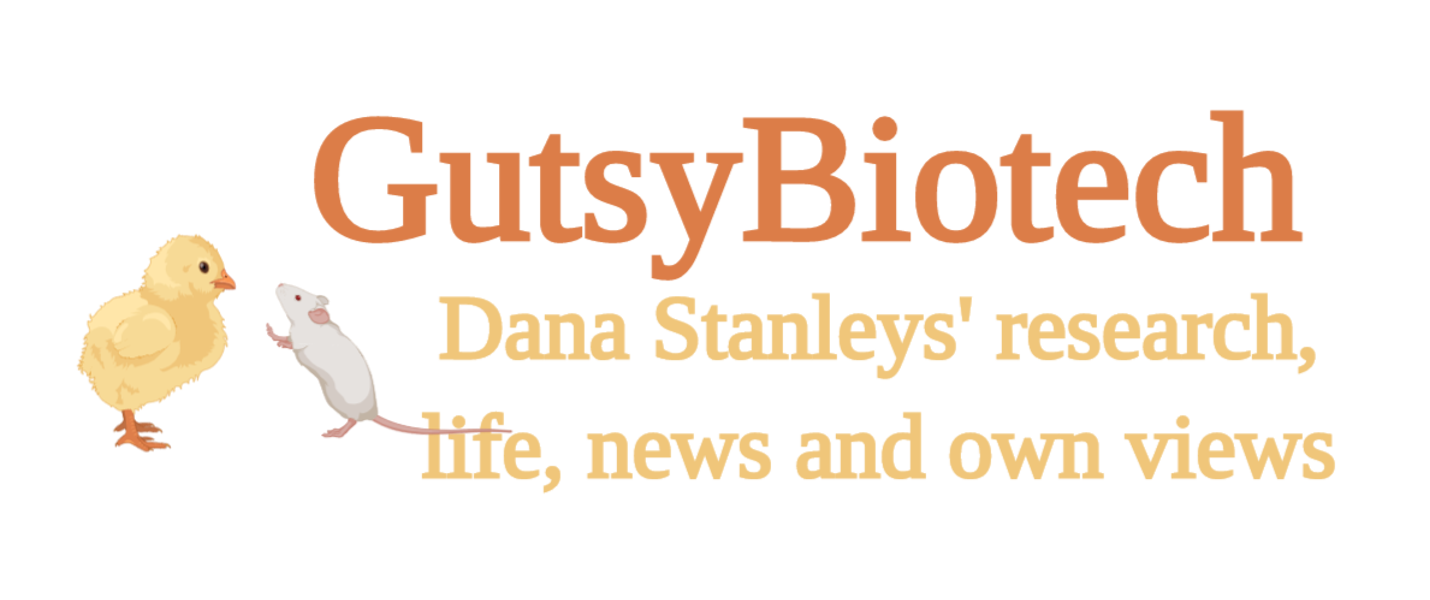Definition of Epigenetics
Epigenetics is the study of gene expression. This does not involve any changes to the DNA sequence itself, Each and every one of our cells have a copy of the full genome within the nucleus, but only certain genes within that genome are expressed to make the cell specialized.
Epigenetic regulation is a natural occurrence within our own cells which allows for differentiation into specialized cells such as muscular tissue, neurons or skin cells.
Epigenetic alterations also occur throughout our lifespan which allows for us to adjust to life style changes in a short time. Gene expression can be influenced by many factors such as diet, environment, toxins and stress. These changes occur through DNA methylation, acetylation, histone modification and chromatin restructuring, These changes within the genome control which genes will be expressed at any given time.
What we're looking at
For this project we are using Japanese quail in a controlled environment to investigate and document the ability of probiotics to modulate epigenetic effects over successive generations.
Probiotic bacteria have been shown to be beneficial to health by playing a role in enhancing nutrient extraction and producing beneficial metabolites. These include butyrate, acetate and folate which are also known modulators of epigenetic effects.
This study is the first to investigate DNA methylation of the Japanese quail genome and what beneficial effects probiotic inoculation plays in the modulation and regulation of gene expression over successive generations.


